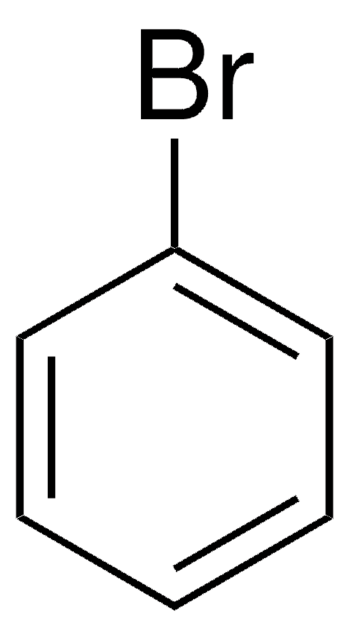254118
Magnesio
chips, 6-35 mesh, 99.98% trace metals basis
Sinónimos:
Magnesium element
About This Item
Productos recomendados
vapor pressure
1 mmHg ( 621 °C)
Quality Level
assay
99.98% trace metals basis
form
chips
autoignition temp.
950 °F
reaction suitability
reagent type: reductant
resistivity
4.46 μΩ-cm, 20°C
particle size
6-35 mesh
bp
1090 °C (lit.)
mp
648 °C (lit.)
density
1.74 g/mL at 25 °C (lit.)
SMILES string
[Mg]
InChI
1S/Mg
InChI key
FYYHWMGAXLPEAU-UHFFFAOYSA-N
¿Está buscando productos similares? Visita Guía de comparación de productos
General description
Application
- Overview of advancement and development trend on magnesium alloy: This review presents global research advancements on magnesium alloys from 2013 to 2018, highlighting significant trends and developments in the field (Xu et al., 2019).
- Research advances of magnesium and magnesium alloys worldwide in 2021: The article reviews the latest research advancements in magnesium and its alloys, focusing on their applications and technological developments (Song et al., 2022).
- The role and significance of Magnesium in modern day research-A review: This comprehensive review covers the various applications and properties of magnesium, highlighting its significance in modern research and technology (Prasad et al., 2022).
signalword
Danger
hcodes
Hazard Classifications
Flam. Sol. 1 - Self-heat. 1 - Water-react 2
Storage Class
4.2 - Pyrophoric and self-heating hazardous materials
wgk_germany
nwg
flash_point_f
Not applicable
flash_point_c
Not applicable
ppe
Eyeshields, Faceshields, Gloves, type P3 (EN 143) respirator cartridges
Elija entre una de las versiones más recientes:
¿Ya tiene este producto?
Encuentre la documentación para los productos que ha comprado recientemente en la Biblioteca de documentos.
Los clientes también vieron
Artículos
Mechanochemical Effect of Severe Plastic Deformations: Metal Alloys, Hydrides and Molecular Solids
In recent years, the price of tellurium, a key component in the bestperforming thermoelectric materials, has increased significantly, leading to the question, “Is it economically viable to produce thermoelectric generators on an industrial scale?
The price of tellurium, a key component in many thermoelectric materials, has risen in recent years, leading to the search for more cost-effective substitutes. This article presents silicide materials as a cheaper potential alternative.
Nuestro equipo de científicos tiene experiencia en todas las áreas de investigación: Ciencias de la vida, Ciencia de los materiales, Síntesis química, Cromatografía, Analítica y muchas otras.
Póngase en contacto con el Servicio técnico





